On November 6, at Tra Vinh University, the Agriculture and Environment Newspaper in collaboration with the Department of Crop Production and Plant Protection, Tra Vinh University, the Vietnam Coconut Association and the Department of Agriculture and Environment of the Mekong Delta provinces organized the Forum "Communication on health management of Vietnamese coconut trees to meet production requirements associated with consumers".
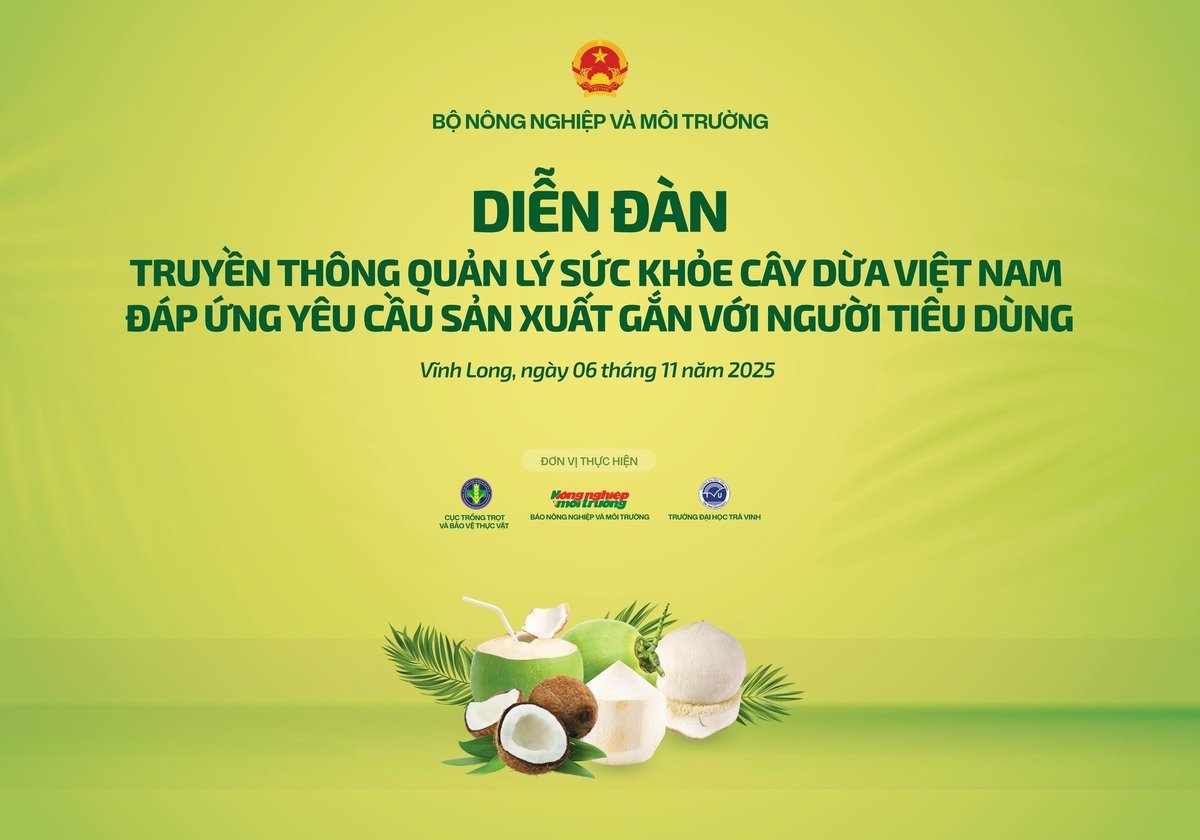
Towards sustainable development of the coconut industry, the Ministry of Agriculture and Environment has directed the organization of a communication forum on coconut tree health management.
Challenges in the coconut 'capital'
According to the Department of Crop Production and Plant Protection, the coconut growing area nationwide currently reaches 202 thousand hectares, of which 181 thousand hectares are harvested, with an average yield of 125.6 quintals/hectare, and an output of 2.28 million tons. The Mekong Delta alone accounts for 178 thousand hectares, with an output of 1.95 million tons.
According to the Vietnam Coconut Association, in the first 6 months of 2025, the Vietnamese coconut industry achieved an export turnover of 489 million USD, of which whole coconuts (dried and fresh coconuts) accounted for 216 million USD (up 40% over the same period last year). In 2024, the total coconut export turnover reached 1.089 billion USD, and the industry aims to grow by 20% in 2025, reaching a milestone of more than 1.2 billion USD.
In Vinh Long, the coconut capital of the country with more than 120,000 hectares, accounting for more than 50% of the total coconut area in Vietnam. Coconut export turnover in 2025 is estimated to reach about 500 million USD, an increase of 2.9% compared to 2024. However, according to the Department of Agriculture and Environment of Vinh Long province, production is still fragmented, on average each household only plants about 0.3-0.4 hectares, the rate of participation in production linkages is only about 30%.
Although coconut trees adapt well to climate change, the reality is that the yield and quality of fruit are still decreasing; pests and diseases are increasing, especially beetles. The price of raw coconut (dried coconut, fresh coconut) fluctuates strongly, sometimes suddenly increasing, causing processing enterprises to face risks when they have signed export contracts with fixed prices.
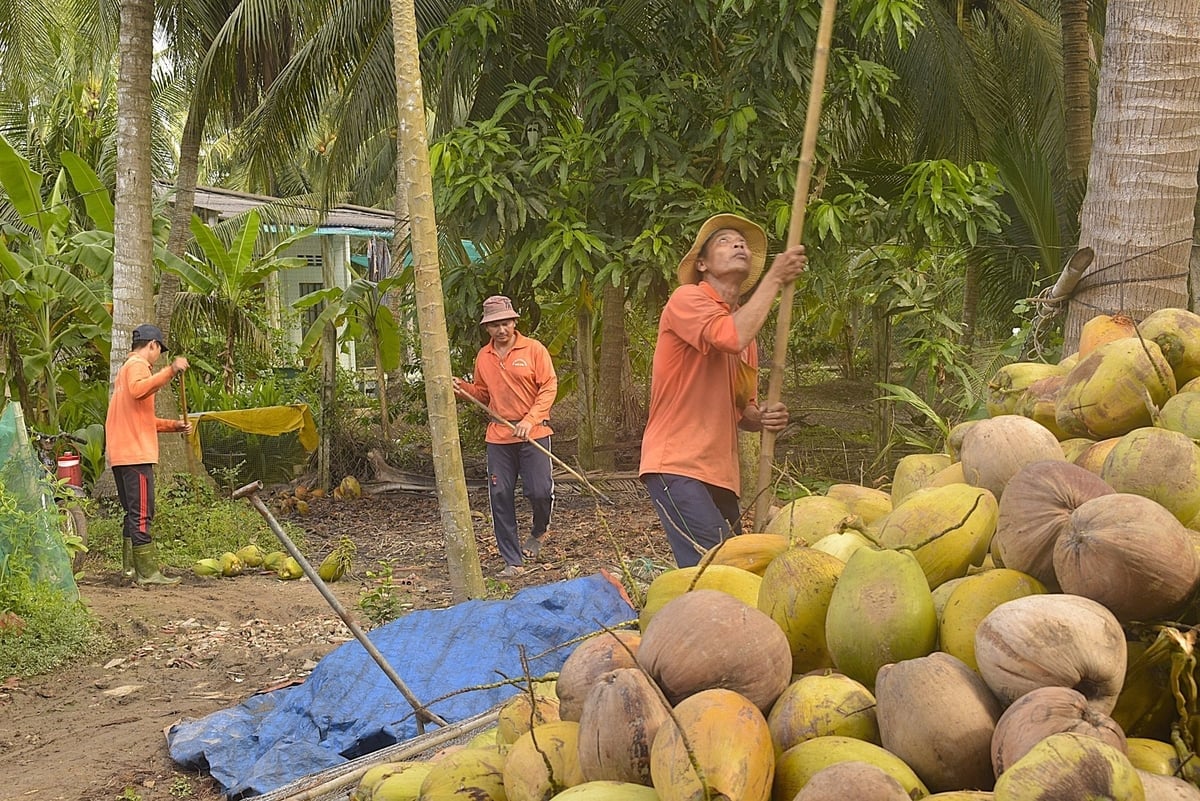
Harvesting organic coconuts at Quoi Dien Cooperative, Vinh Long province. Photo: Minh Dam.
Regarding processing, although many businesses have invested, the Vietnamese coconut industry is still weak in deep processing and preserving fresh coconut water, and the technology is still semi-manual. Meanwhile, major export markets such as the US, EU, and China are increasingly tightening technical standards and food safety, requiring Vietnamese coconut products to be upgraded.
The Vinh Long coconut industry is being severely affected by climate change. The lack of fresh water, prolonged drought and rising temperatures disrupt the flowering and fruiting process. The most worrying is saltwater intrusion, causing salt shock to the trees, reducing nutrient absorption, decreasing productivity for many years and the shortage of fresh water for processing. Meanwhile, high tides during the rainy season cause flooding, root rot, and mass shedding of young fruits, weakening the coconut trees and degrading the cultivated land.
According to the Department of Crop Production and Plant Protection, by 2030, the country's coconut area is expected to reach 195-210 thousand hectares; of which the key area in the Mekong Delta is about 170-175 thousand hectares. About 30% of the area is produced according to GAP or equivalent processes and has a growing area code for export.
For sustainable development of coconut industry
The forum was organized in both in-person and online formats, bringing together delegates who are leaders of management agencies, research institutes, businesses, cooperatives, gardeners and press agencies in and outside the region. This is an opportunity for the parties to exchange solutions for comprehensive plant health management; use safe and effective agricultural materials; improve the quality of coconut raw material areas to serve the domestic and export markets.
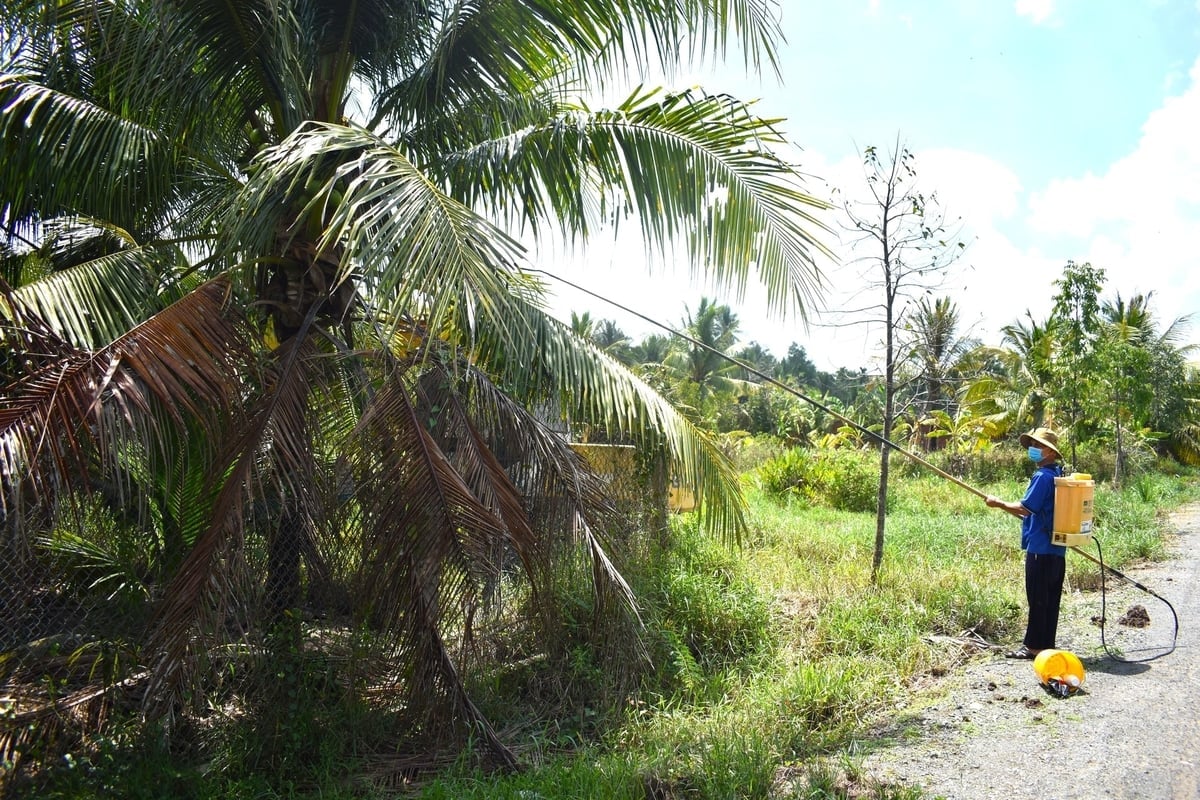
Farmers spray biological pesticides to prevent black-headed caterpillars. Photo: Minh Dam.
The forum is a bridge between management agencies, scientists, businesses and farmers, aiming to spread the message of safe, sustainable agricultural production and climate change adaptation. With coconut trees, the key product of the Mekong Delta, building a sustainable development strategy is an urgent task in the context of climate change, drought and salinity and fragmented production.
At the Forum, the Department of Crop Production and Plant Protection presented a report on the current situation and solutions to improve the quality of coconut material areas in the Mekong Delta, towards a smart farming model, reducing dependence on chemicals and enhancing biological measures.
Vietnam Coconut Association shares safe plant protection solutions and develops domestic market in line with international standards.
Associate Professor, Dr. Pham Anh Tuan, Director of the Institute of Agricultural Mechanics and Post-Harvest Technology, presented the topic "Application of advanced technology in preserving and processing to diversify coconut products".
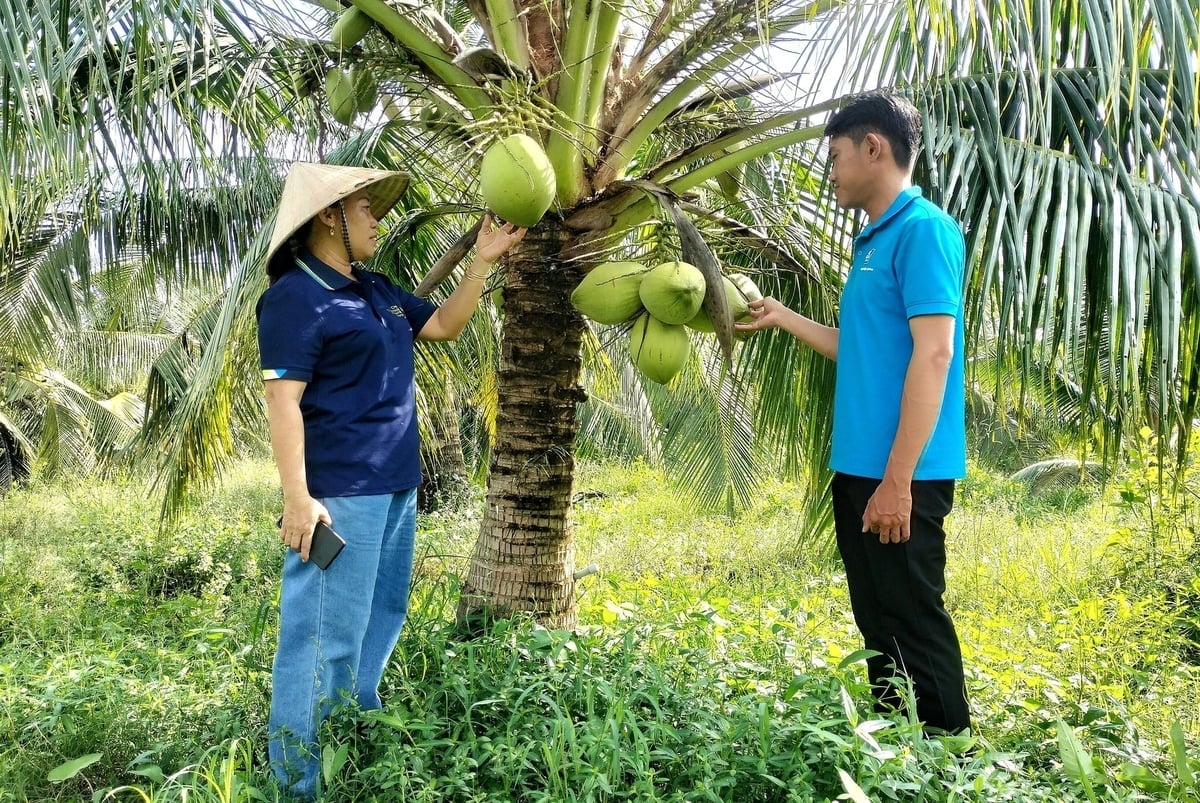
The demonstration model of growing wax coconut embryos at Tra Vinh University is highly effective. Photo: Minh Dam.
Representatives of the Mekong Delta Coconut Institute - Tra Vinh University introduced new research on breeding, preserving valuable genetic resources, and farming techniques to adapt to climate change.
The Department of Agriculture and Environment of Vinh Long also shared the strategy for developing the brand "Vinh Long Coconut" associated with planning raw material areas and investing in processing infrastructure.
Within the framework of the program, delegates discussed the topic "Promoting coconut industry product production according to market regulations", emphasizing the importance of standardizing production processes, certifying growing areas and transparency of product value chains.
Readers are invited to attend the online forum via the link below (Zoom software) and ask questions and interact with the program's speakers.
Link: https://zoom.us/j/98125418961?pwd=odgEE6FUZAXYizKro3x5YwhlAHJyN0.1
Or join via Zoom using meeting ID: 981 2541 8961
Password: DU0611
Time: 8:00 a.m., November 6, 2025
Source: https://nongnghiepmoitruong.vn/quan-ly-suc-khoe-cay-dua-nang-cao-chat-luong-dap-ung-thi-truong-d782410.html







![[Photo] Opening of the 14th Conference of the 13th Party Central Committee](https://vphoto.vietnam.vn/thumb/1200x675/vietnam/resource/IMAGE/2025/11/05/1762310995216_a5-bnd-5742-5255-jpg.webp)
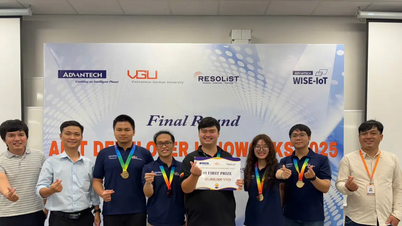

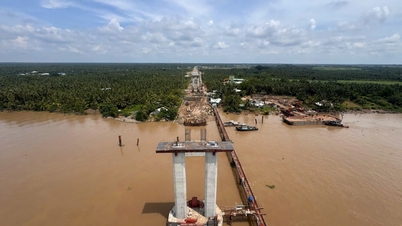





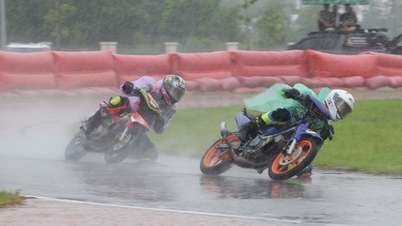



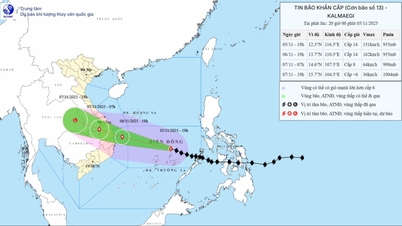


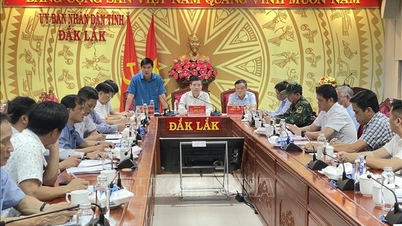
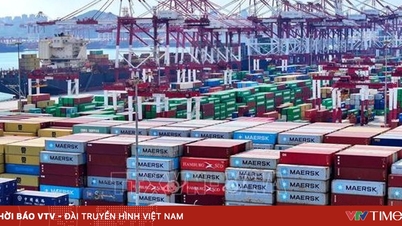

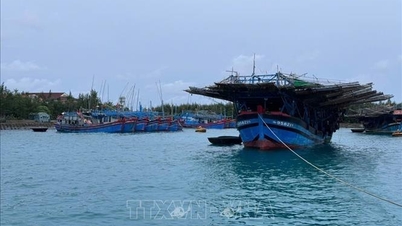





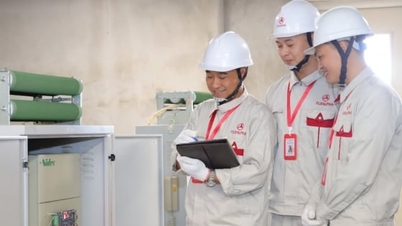
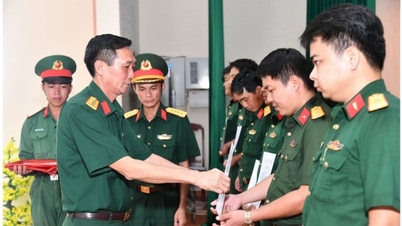
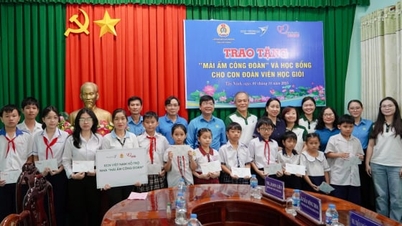

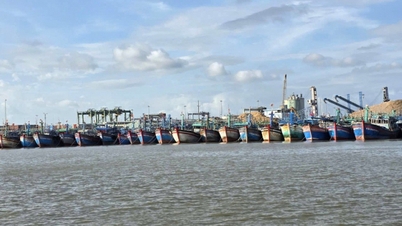
![[Photo] Panorama of the Patriotic Emulation Congress of Nhan Dan Newspaper for the period 2025-2030](https://vphoto.vietnam.vn/thumb/1200x675/vietnam/resource/IMAGE/2025/11/04/1762252775462_ndo_br_dhthiduayeuncbaond-6125-jpg.webp)








































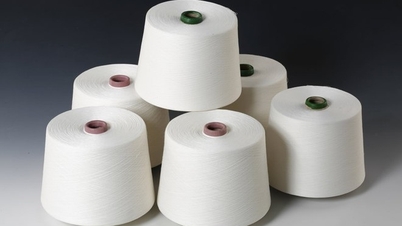
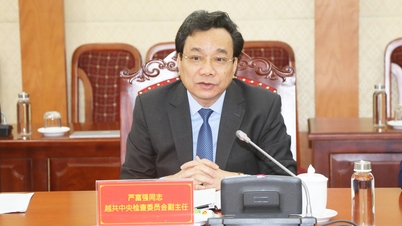

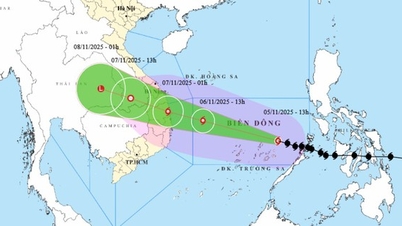



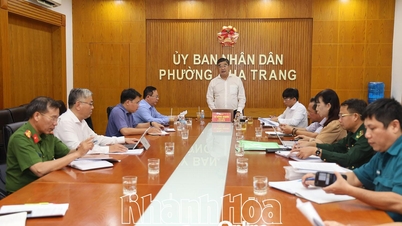

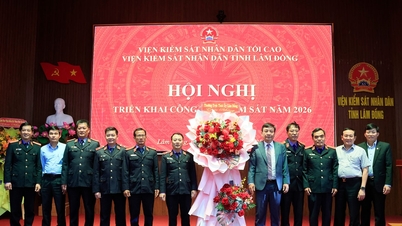

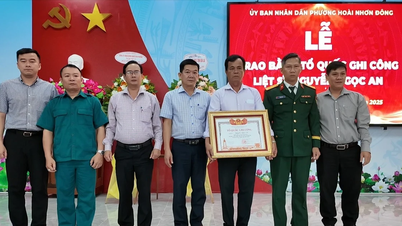

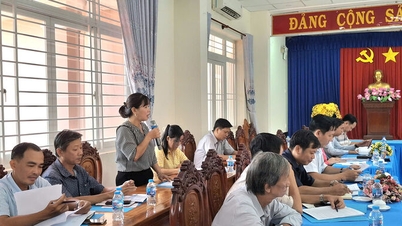

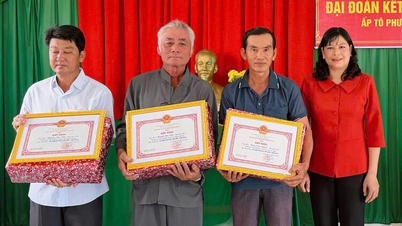
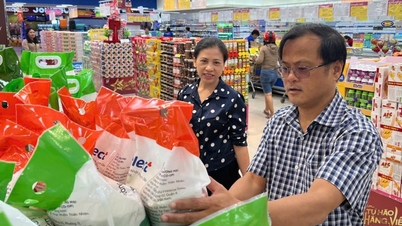













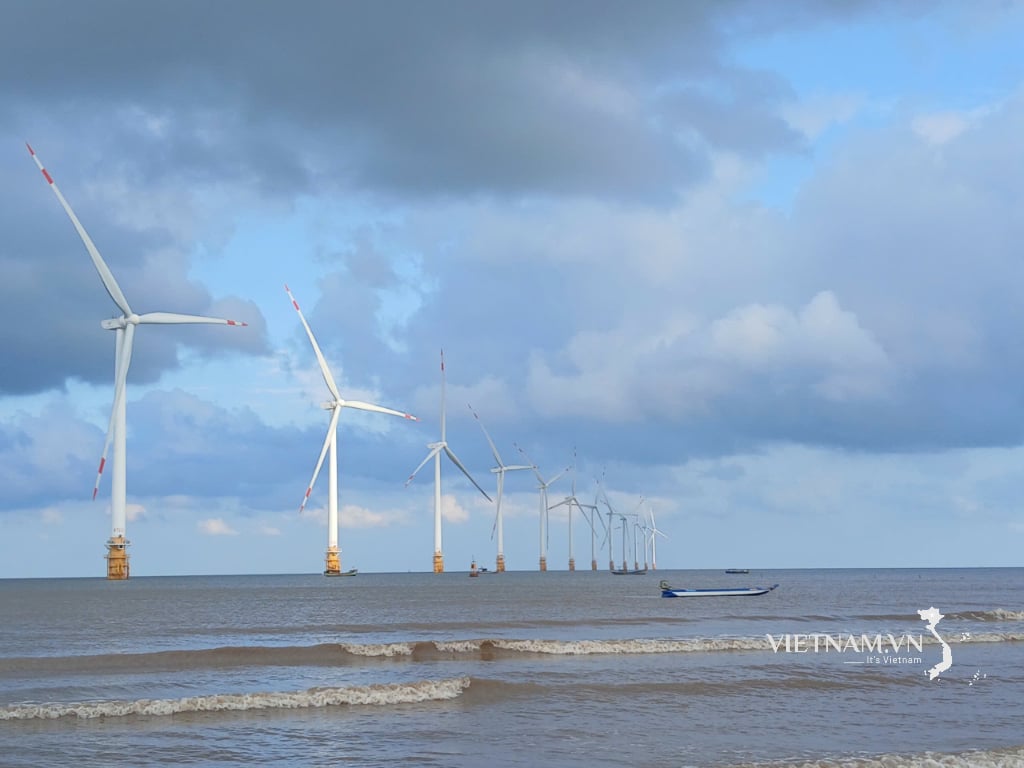


Comment (0)